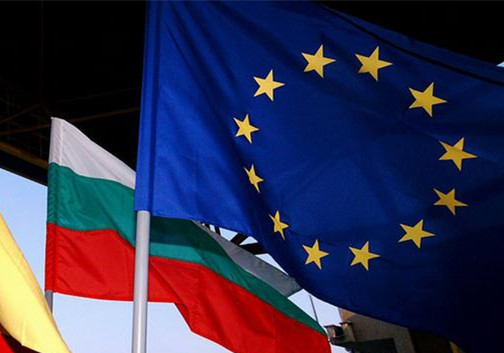Bulgaria: A failed state in Europe
- By Heiko Khoo and Bojan Stanislawski
 0 Comment(s)
0 Comment(s) Print
Print E-mail China.org.cn, January 26, 2014
E-mail China.org.cn, January 26, 2014
|
|
|
Bulgaria is now the poorest EU member state. [File photo] |
Bulgaria's transition to capitalism took place in a peaceful manner at the time of the collapse of Communist-party-led governments in Eastern Europe and the former Soviet Union. The ruling Bulgarian Communist Party (BCP) had been the closest ally of the USSR. On November 10, 1989, the day after the Berlin wall was opened and East German state authority began to disintegrate, a bloodless inner-party coup ousted Todor Zhivkov, Bulgaria's ruler. It appears to have been sanctioned by the then General Secretary of the Soviet Communist Party Mikhail Gorbachev. He reasoned that those who act quickly could avoid popular uprisings, hold onto the reins of power and steer the pathway towards political transformation. The uprising in Romania on December 25, 1989 reinforced fears of violent conflict in Bulgaria. This accelerated democratic reforms and the transformation of the party, and its state institutions and bureaucratic organs of power. The anti-communist opposition, led by the United Democratic forces (UDF), agreed a timetable of to bring about peaceful democratic change.
The BCP changed its name to the Bulgarian Socialist Party (BSP) in 1990. It won the first competitive multi-party elections in June that year. The BSP played a decisive role in political life during the transition to a capitalist democracy, even when it lost elections to the UDF in 1991 and 1997. Support for the BSP in this era of transition was derived from the legacy of social advances from before 1990.
The BSP initially discussed reforms from within a socialist agenda. The party was tied to the old bureaucratic apparatus of the state and its members and supporters generally opposed capitalist restoration. However, Bulgaria's external economic bonds collapsed overnight and its internal economic cohesion was undermined by the rise of private enterprises and trade. This was exacerbated by the chaotic circumstances in Eastern Europe in the early 1990s. Throughout this period black market activity thrived and insiders with connections to the state apparatus and state economy made criminal deals with mafia gangs, many of whom were former secret police agents or members of the sporting elite -- particularly wrestlers -- for some strange reason. By the mid-1990s the economy stood on the precipice of disaster with state companies and banks insolvent, and the value of the currency in free-fall.
These circumstances provoked mass unrest in 1995-6, which brought down the BSP government and saw the UDF elected with over 50 percent of the vote in 1997. This electoral defeat resulted in the abandonment of the BSP's official opposition to capitalism and NATO membership. The pro-capitalist "Socialist International" and its European allies embraced the BSP as one of their ranks.







Go to Forum >>0 Comment(s)